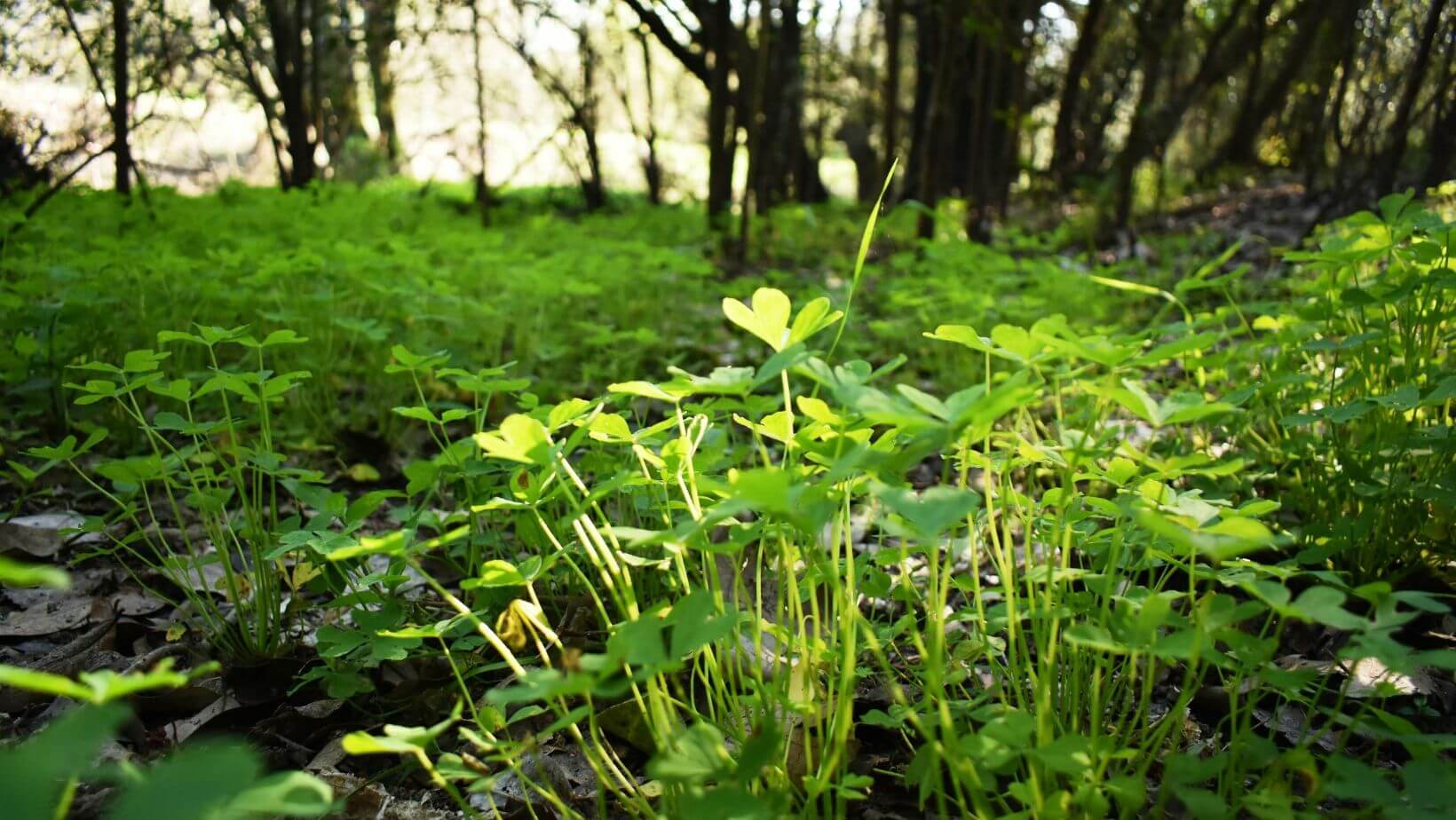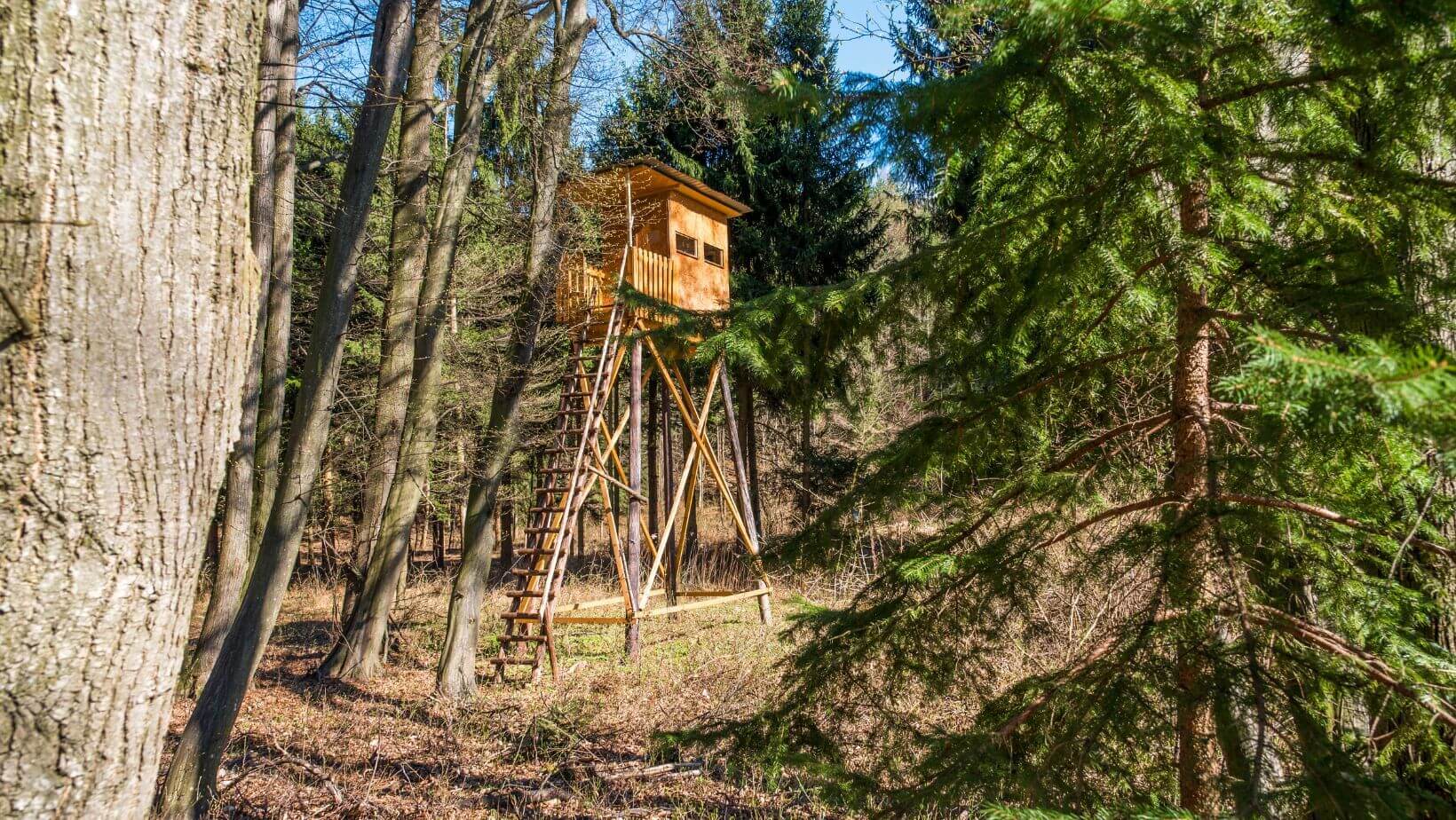Are you a hunter in Michigan looking to improve your hunting grounds and ensure the best possible experience? Do you own or manage Michigan land that’s used for hunting, but aren’t sure how to get the most out of it? In this blog post, we’ll provide an overview on how to boost the potential of your land and take your hunting game up a notch.
Whatever stage of planning you’re at in managing your property—it’s never too late to learn new techniques! Read on for invaluable insight into making the absolute most out of Michigan’s vast natural expanses.
Assessing The Current Conditions of Your Land
 When assessing your hunting land, it is important to identify the types of terrain and vegetation present, as well as what type of wildlife is making its home on the land. Determining these factors will give useful insight into how to best manage your Michigan hunting land.
When assessing your hunting land, it is important to identify the types of terrain and vegetation present, as well as what type of wildlife is making its home on the land. Determining these factors will give useful insight into how to best manage your Michigan hunting land.
Knowing what kind of terrain and vegetation there are can help you decide which species or game animals are most appropriate for your hunting land and provide an idea of the food sources available and where they’re located. Assessing the presence of wildlife on your hunting land also helps you determine relative numbers and population performance, signaling potential issues or successes based on current conditions. With this information, Michigan hunters can make informed decisions in order to create responsible, effective management strategies that benefit both wildlife and local communities.
Planting Food Plots
 Michigan hunting land owners can greatly benefit from planting food plots, which have been known to attract and sustain game. These plots use specific types of plants that appeal to animals including clover, wheat, corn, brassica’s, turnips, beans and sorghum.
Michigan hunting land owners can greatly benefit from planting food plots, which have been known to attract and sustain game. These plots use specific types of plants that appeal to animals including clover, wheat, corn, brassica’s, turnips, beans and sorghum.
Planting should take place when there is sufficient soil moisture as well as in the late summer or early fall to give the plants a chance to become established before winter arrives. Properly maintaining these food plots is key for their success; it’s important to weed out any unwanted weeds and remove any extra plant remains at the end of each season.
Michigan hunting land owners who invest the time into creating and caring for these food plots will be rewarded with game populations greatly increased on their property.
Creating The Right Habitat Structure
 Michigan hunting properties can be improved in many ways with the use of habitat structures. Deer stands, blinds, and duck boxes are just a few of these that hunters can set up to increase their chances of seeing and harvesting game. The best locations for these structures depend on the type of terrain one is hunting over; the structure should be placed where it is able to hold its own against Michigan’s elements while not obstructing vision too much.
Michigan hunting properties can be improved in many ways with the use of habitat structures. Deer stands, blinds, and duck boxes are just a few of these that hunters can set up to increase their chances of seeing and harvesting game. The best locations for these structures depend on the type of terrain one is hunting over; the structure should be placed where it is able to hold its own against Michigan’s elements while not obstructing vision too much.
Additionally, proper maintenance must be considered in order to keep these structures standing so they can last many seasons. With major components such as boards and roofs replaced regularly, as well as general cleaning and safety checks, Michigan’s hunters have a plethora of handy tools at their disposal that will allow them to have successful hunts time and time again.
Managing Invasive Species
 Michigan hunting land is subject to the invasion of non-native species. Hunting can become significantly more difficult in areas where invasive species have overtaken the environment, as they can drive out native wildlife and disrupt the natural balance of existing ecosystems.
Michigan hunting land is subject to the invasion of non-native species. Hunting can become significantly more difficult in areas where invasive species have overtaken the environment, as they can drive out native wildlife and disrupt the natural balance of existing ecosystems.
In order to best benefit from your Michigan hunting land, it is important to manage invasive species populations. The best time to remove them is early on when they are small and more easily controlled, before they have had a chance to cause great damage or displace native wildlife.
A variety of methods can be used for controlling these invasive species, from manual removal and trapping, to chemical treatments or introducing other organisms or machines with the capability to limit their numbers. By managing Michigan’s hunting land through these practices, Michigan hunters will still be able to find success in the wilds for years to come.
Proper Water Management
 Michigan hunting land relies heavily on water management practices to create the habitats needed to keep the wildlife and wild game plentiful. A wetland environment is necessary for various species of waterfowl, and fish, to have a productive breeding ground. To ensure your Michigan hunting land remains in its best possible condition, there are numerous methods that can be used to manage wetlands, rivers and other water sources.
Michigan hunting land relies heavily on water management practices to create the habitats needed to keep the wildlife and wild game plentiful. A wetland environment is necessary for various species of waterfowl, and fish, to have a productive breeding ground. To ensure your Michigan hunting land remains in its best possible condition, there are numerous methods that can be used to manage wetlands, rivers and other water sources.
The best time to implement any of these strategies is during early spring or late fall as when done correctly they can improve Michigan’s hunting conditions dramatically. During this time Michigan hunters should focus on using techniques such as seeding dams and vegetation development around their Michigan hunting land because it can create an ideal environment for wildlife.
It is also beneficial for local Michigan floods prevention efforts by controlling runoff sedimentation and acts as a natural filtration system for pollutants. With the correct strategies any Michigan hunter will be able to maximize positive effects towards Michigan’s water management objectives.
The Benefits of Land Management for Hunting
Management of Michigan’s whitetail deer herd and other wildlife is a joint effort between the DNR and private landowners. The most important part of effective management, however, rests with the individual hunter. Stewardship of our wildlife heritage begins with each of us taking an active role in managing the land we hunt. Together, we can ensure that future generations have opportunities to enjoy Michigan’s bountiful outdoor resources.
If you are looking for that perfect Michigan hunting land for sale, contact Michigan Whitetail Properties today and set up a consultation with one of our land specialists. We will help you find the perfect piece of Michigan land that will meet your needs.